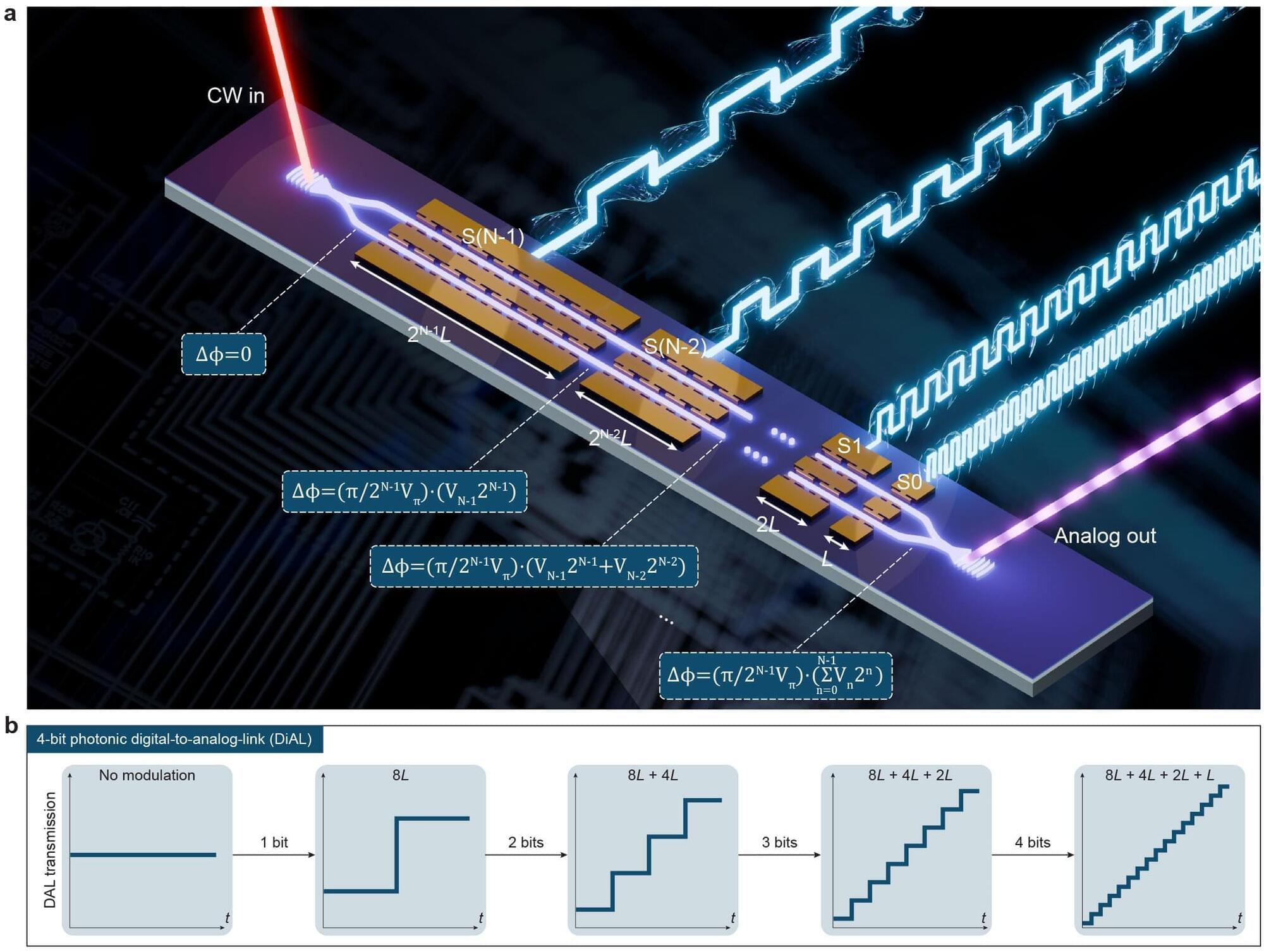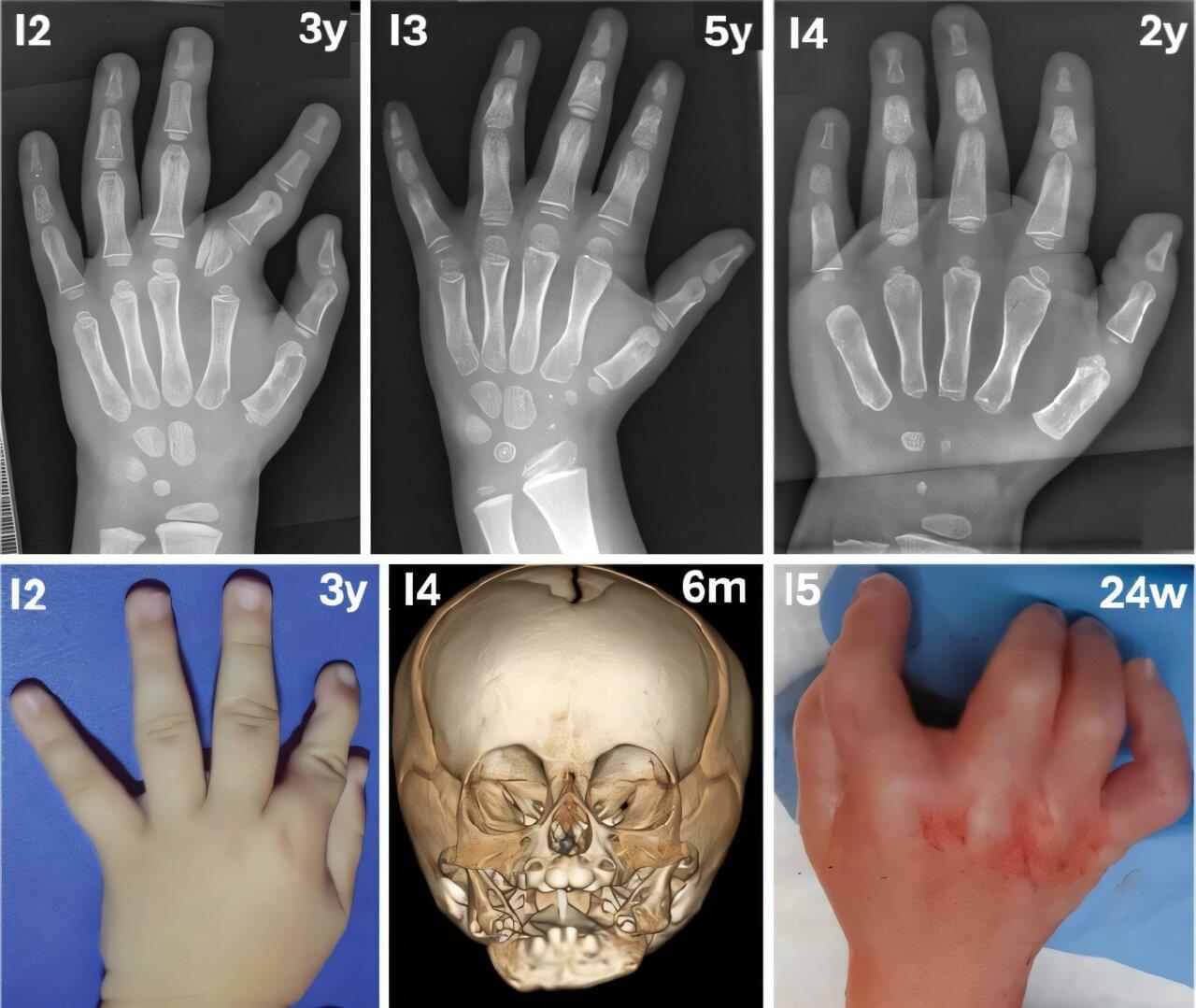The proof, known to be so hard that a mathematician once offered 10 martinis to whoever could figure it out, connects quantum mechanics to infinitely intricate mathematical structures.




An underwater volcano off the Pacific northwest coast is projected to erupt soon.
Researchers at Oregon State University (OSU) have been recording activity at the Axial Seamount, located roughly 300 miles off the coast of Oregon and 4,900 feet under the surface, per ABC News and Axios. The underwater volcano’s recent behavior has signaled to OSU researchers that it’s tending toward an eruption in the near future.

Addressing a major roadblock in next-generation photonic computing and signal processing systems, researchers at the Harvard John A. Paulson School of Engineering and Applied Sciences (SEAS) have created a device that can bridge digital electronic signals and analog light signals in one fluid step.
Built on chips made out of lithium niobate, the workhorse material of optoelectronics, the new device offers a potential replacement for the ubiquitous but energy-intensive digital-to-analog conversion and electro-optic modulation systems used all over today’s high-speed data networks.
“Optical communication and high-performance computing, including large language models, relies on conversion of massive amounts of data between the electrical domain—used for storage and computation—and the optical domain used for data transfer,” said senior author Marko Lončar, the Tiantsai Lin Professor of Electrical Engineering at SEAS.


Living cells contain a world of complex parts, which are constantly in motion. Many functions of these parts are still not fully understood, but likely harbor answers to many of our questions about how diseases work and how we might reverse them. One such case has been brought to light.
Enzymes act as catalysts for various processes within cells, but in some cases, they become inactivated by mistakes or environmental factors. When this happens, the processes that the enzymes facilitate may be compromised and lead to disease, depending on what processes are affected.
According to a new study published in Nature, Catel–Manzke syndrome—a bone disorder causing shortened bones, heart defects, cleft palate and finger malformation—may be a result of an inactivated enzyme, called dTDP-D-glucose 4,6-dehydratase (TGDS).


A new study led by a Utah engineering professor shows that gait retraining can reduce pain and slow cartilage damage. Almost one in four adults over the age of 40 live with painful osteoarthritis, a condition that has become one of the leading causes of disability. The disease gradually wears awa
